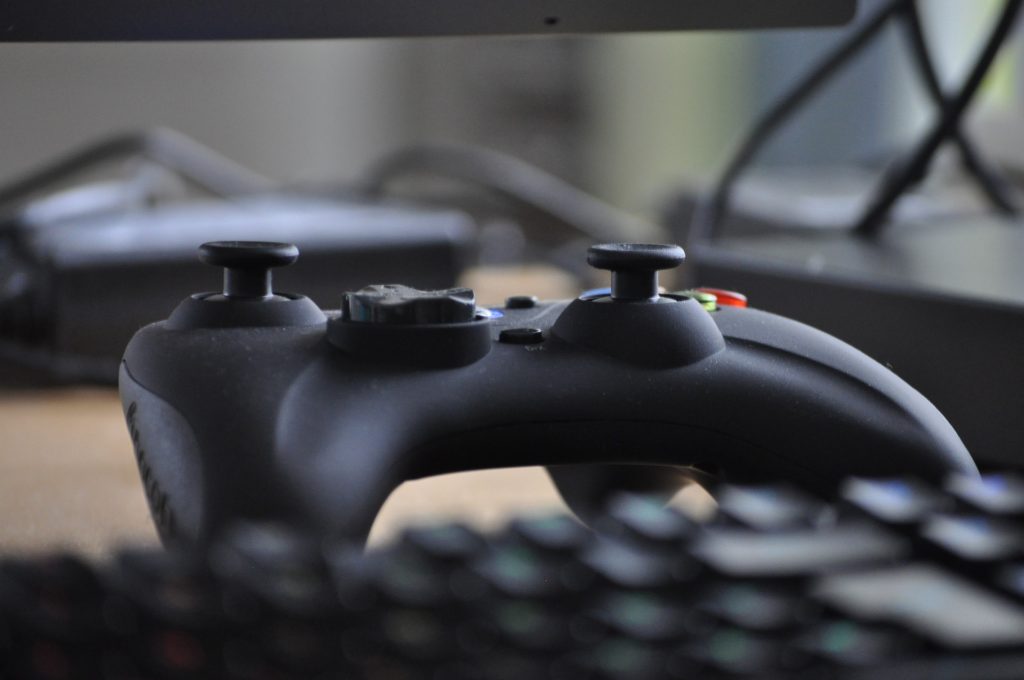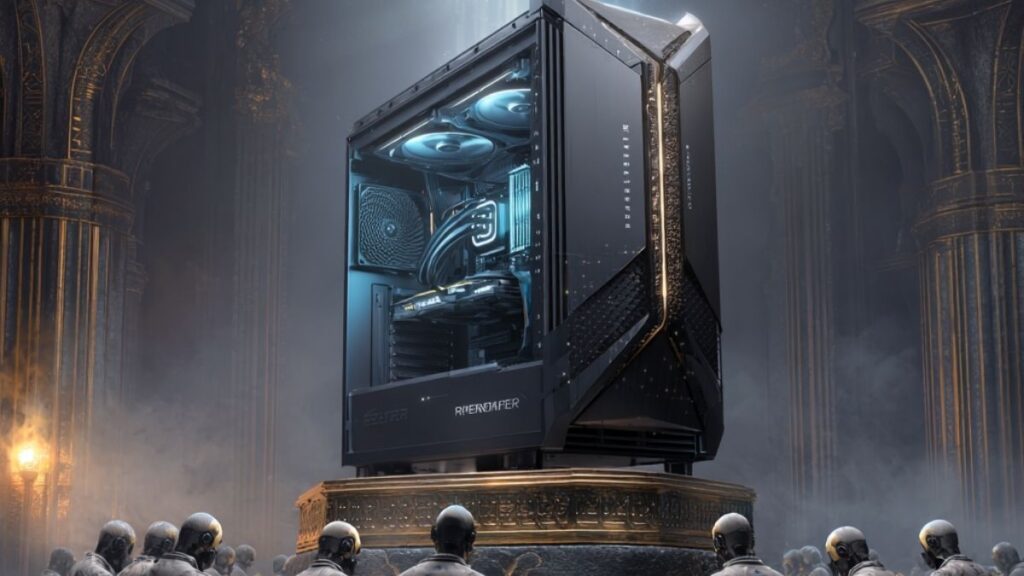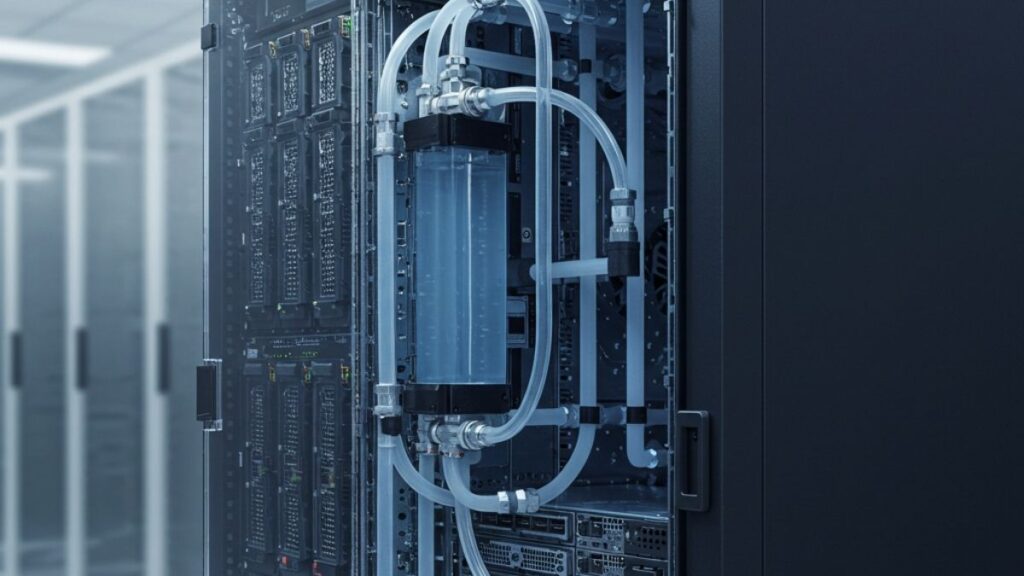Building your own gaming PC has always been cheaper than buying a prebuilt desktop. Not only that you will learn the ins and outs of PC building, but you also get the best parts for your investment. Plus, you will become your own tech support, which is also nice.
Essentially, everything will be in favor of you. And now that you finally decided to pull the trigger, here are the most essential questions you need to answer before building your own gaming PC:
How Much Does it Cost to Build a Gaming PC?
A gaming desktop computer can be as cheap as $300 or as expensive as over $2500. And it’s essentially divided into 3 categories:
● Entry-Level: $300 – $600
● Mid-Range: $700 – $1000
● High-End: $1500 – $2000
Entry-Level Gaming PC: $300 – $600
Needless to say, entry-level gaming computers aren’t ideal for modern, AAA-title games at max– or even high settings. There will be a huge sacrifice in the graphics department to experience better, smoother gameplay.
Ideally, these are best for light games, indie games, and eSports-title games like DOTA 2, Overwatch, Counter-Strike: Global Offensive, World of Tanks, League of Legends, and Hearthstone.
Mid-Range Gaming PC: $700 – $1000
If you’re building your very first gaming PC, this is where you would want to be.
Most mid-range gaming PCs can play modern, AAA title games like The Witcher 3, Assassin’s Creed Odyssey, GTA V, BioShock, Far Cry 5, and Monster Hunter: World at 1080p resolution with high to max settings.
This should have little to no performance issues in the gaming department alone. However, if you want to stream your games online, you should look at building a high-end gaming PC.
High-End Gaming PC: $1500 – $2000
Streaming games require a lot of processing power to keep everything running smoothly. Similarly, video editing or any productivity work will also benefit from a machine with a fast processor.
Build a high-end gaming PC if you want to stream your games online or if you want to play games at 1440p/4K resolution. In this territory, desktop computers are very capable of handling max/ultra settings with no compromise in performance.
How Much Are You Willing to Spend?
It boils down to how much you are willing to spend. Based on the 3 different categories above, you should at least have an idea where you belong.
Ultimately, you would want to stay at least within the $500-$700 budget range unless you’re only building to play indie and light games.
How Long Does it Take to Build a Gaming PC?
It should take about 2 to 3 hours for first time builders to build a working gaming PC.
But if you have experience in the past, or if you take time to prepare by reading forums and watching videos online, it shouldn’t take that long. In fact, it shouldn’t ever take longer than an hour, especially if you have an experienced friend to help you out.
What Parts Do I Need for a Gaming PC?
The parts you’ll need for a gaming PC are the following:
- Graphics Card or GPU (recommended)
- Processor or CPU (with a cooling system)
- Motherboard or MOBO
- Memory or RAM
- Power Supply or PSU
- Storage Device (Hard Disk Drive or Solid-State Drive)
- Sound Card (optional)
If this is your first time, make sure you read the following to understand the different jargons surrounding these components as well as their purpose:
Graphics Card
The graphics card, also known as GPU or video card, is the most important hardware in a gaming PC. This is what makes the game look good by rendering photorealistic images.
Needless to say, the more powerful the graphics card, the better the images are displayed on higher resolutions monitors without crashing or slowing your gameplay. It’s also worth noting that you’ll have to settle with the best gaming monitor if you’re going for the best GPU to experience the card’s full potential.
Processor
A Processor or CPU (Central Processing Unit) is recognized as the brain of the computer. This controls the number of processes or tasks your computer can accomplish at once. Depending on the processing power and speed of the processor will also be how fast certain tasks are accomplished. A good example of this is rendering videos.
Motherboard
The motherboard is where components are installed in. It is also seen as a hub that lets all the hardware communicate with each other.
It’s also worth noting that you buy a motherboard that offer features you only need as certain motherboards have features that others don’t.
RAM/Memory
Think of RAM or memory as vivid short-term memories. They store the most commonly used files and data so that future requests of these data are presented faster.
Ideally, you’ll want at least 8GB of RAM as a minimum for gaming and at least 16GB if you’re going to stream your games online.
Power Supply
Needless to say, the power supply supplies power to the computer. It pulls power from the outlet and delivers the right amount of electricity to components after converting the AC current to DC current.
Never cheap out on your PSU to avoid the risks of frying not just one component but the entire computer as a whole.
Storage Device
There are two types of storage devices at your disposal:
- HDD (Hard Disk Drive)
- SSD (Solid State Drive)
HDD is the cheaper option. It can hold more files than an SSD but is significantly slower both in read and write speeds. Comparatively, SSDs are faster and are more expensive but can only hold a certain amount of data for the same price as an HDD.
Sound Card
Sound cards are optional but specific competitive gamers prefer having one to further their chances of winning. High-end sound cards improve the environmental audio in the game to achieve an impressive 3D audio effect.
How Many Case Fans Do I Need?
Generally, 2 intake fans and 1 exhaust fan is fine. But if you can afford to get more, or if you want to lower your temperatures, feel free to add more as you please.
Do I Need a Liquid Cooler?
Gaming computers in the entry-level category and most in the mid-range category don’t need a liquid cooler. You can find a hefty amount of air coolers that can deliver similar performance and even better– just that they sound louder because of the fans.
However, if you plan to overclock your processor, liquid coolers are needed to keep the temperatures low. Just remember that this will require more work to maintain in the long run, which is why it’s recommended for first-time and new builders to use fans.
How to Check PC Parts Compatibility?
Each hardware component must be compatible with the rest. Generally, the CPU and the RAM are the only parts that must be compatible with the motherboard. On a side note, the size of the graphics card and the motherboard has to fit inside the case.
Fortunately, websites like PCPartpicker exist. Click on the Start a System Build button and choose a product from their complete list of parts for each component. This should then tell you whether or not the parts are compatible with each other.
You can also reach out to PC gaming communities or Reddit pages like PC Master Race to ask for feedback and suggestions. Either way, it should give you enough evidence to validate and confirm parts compatibility.
Do I Need an Anti-Static Wrist Band?
Anti-static wrist bands dissipate excess static charge in your body through grounding. By grounding your body through an anti-static wrist band, you avoid the risks of ESD (electrostatic discharge) when touching any hardware component.
Computer hardware components are known to house delicate parts that can easily be damaged by even the slightest ESD, rendering them useless. This is why it’s best that you wear one when building your own gaming PC.
Wrapping It Up
Building your own gaming PC can be intimidating at first. But with all these in mind, it shouldn’t even be a problem anymore. If you’ve been on the edge for quite some time, these answers should give you all assurance you need that you can do it.
- Questions You Need to Answer Before Building Your Own Gaming PC - February 3, 2019




Hello,
First of all I just want to say that you covered this topic very well like from its budget to its configuration. Actually, building own a gaming PC is not a simple task without any knowledge but after going through this article anyone can get a better idea on it.
2 years ago I have buy a prebuilt desktop for gaming but it is a waste of money and at that time I have no knowledge about all these things.
This guide will definitely helpful for many like me who have no knowledge about anything related to pc hardware.
Thank you so much for this ultimate guide.